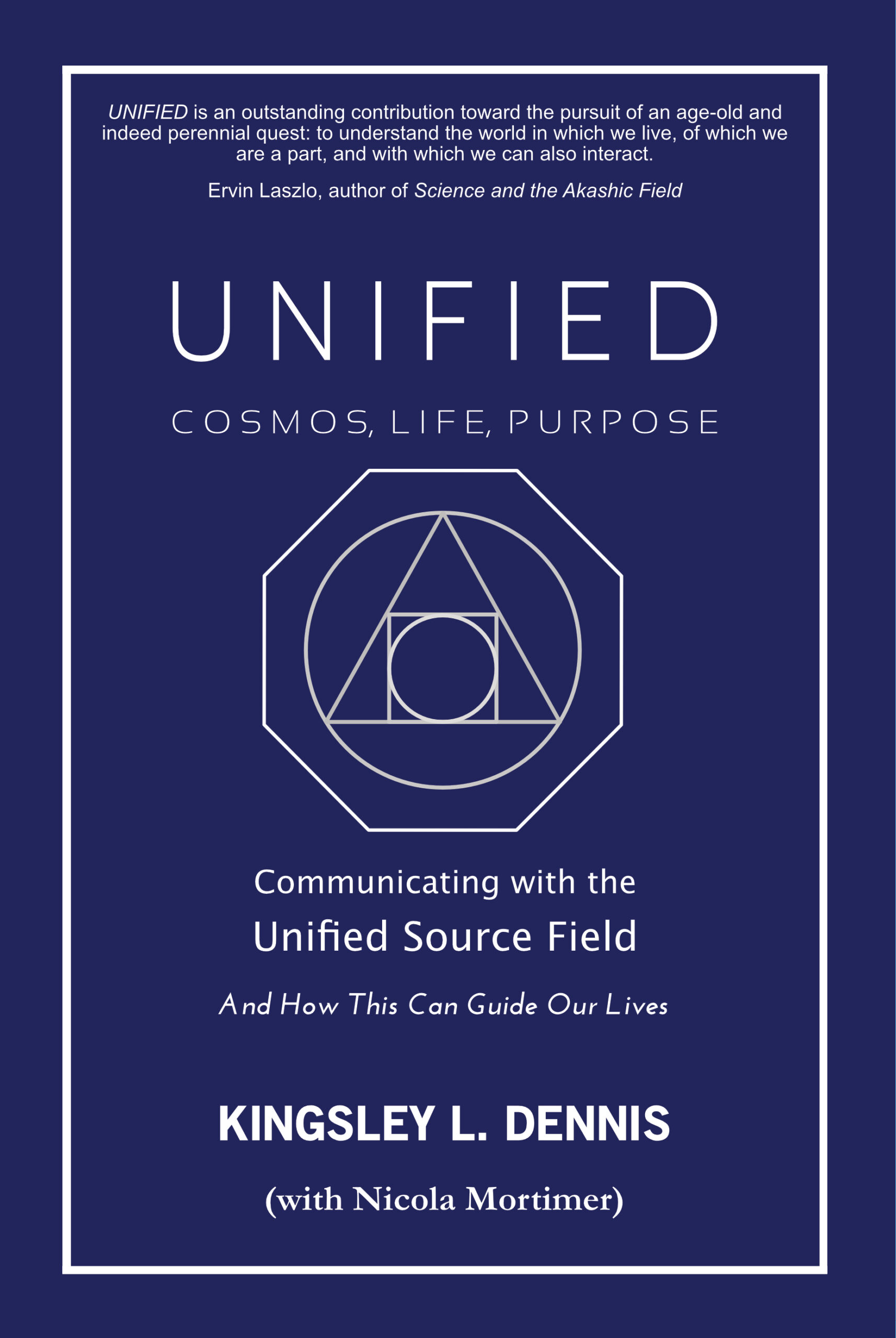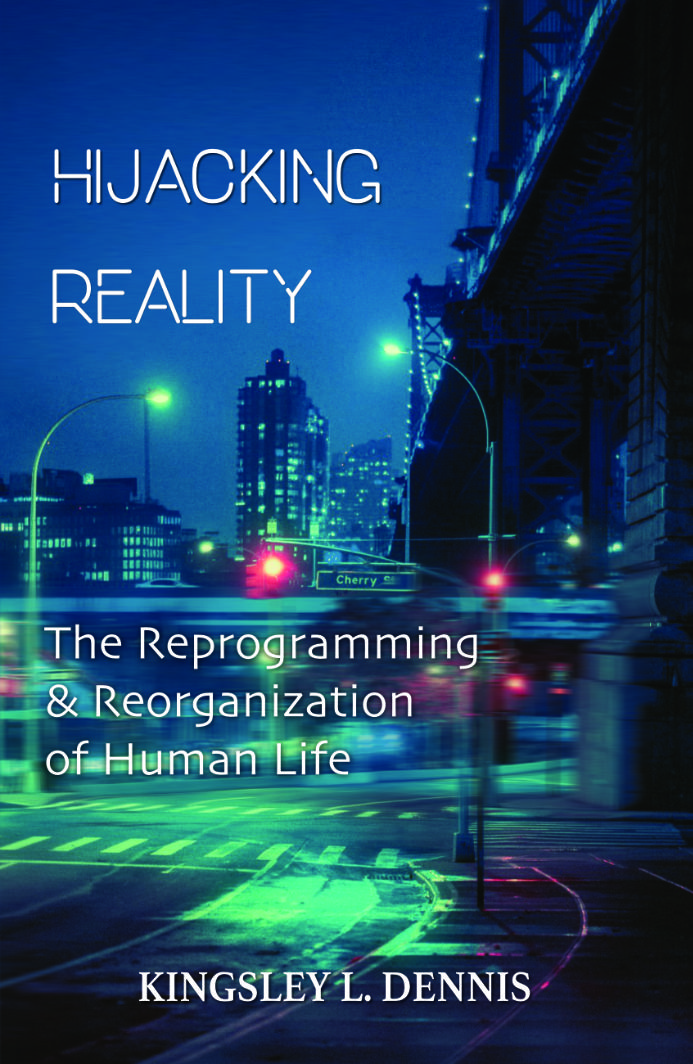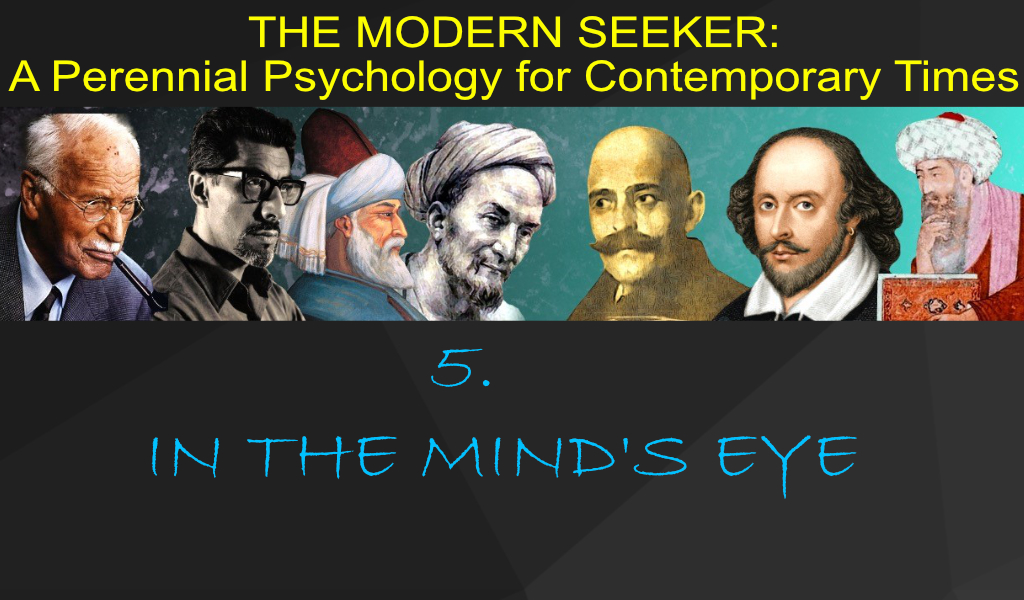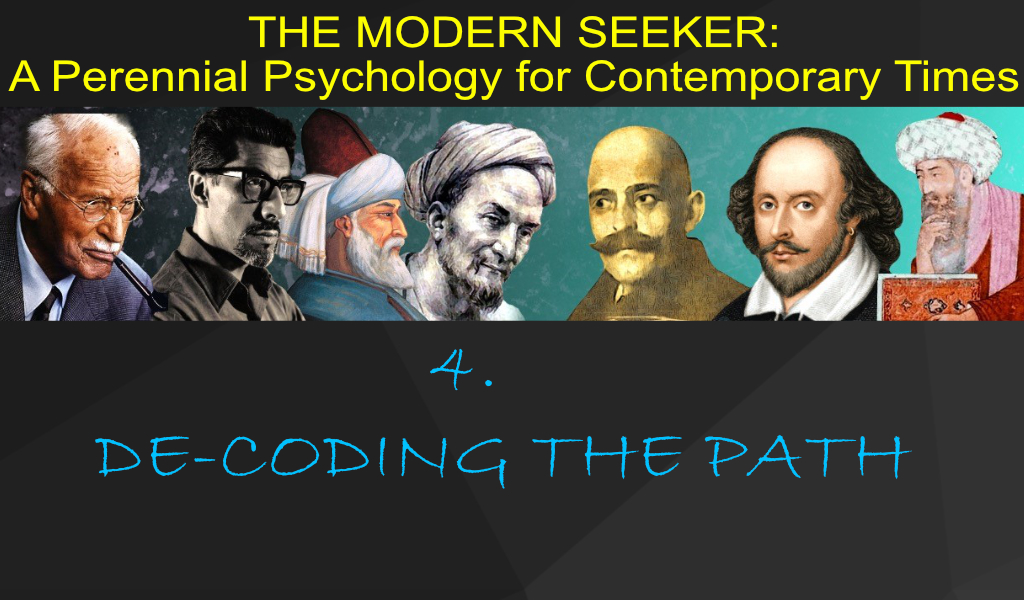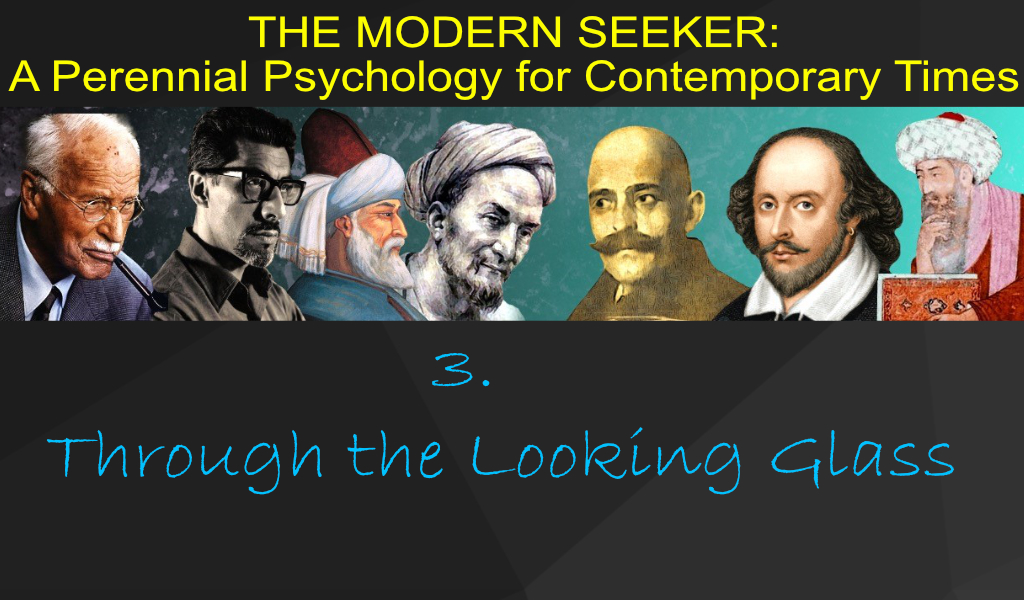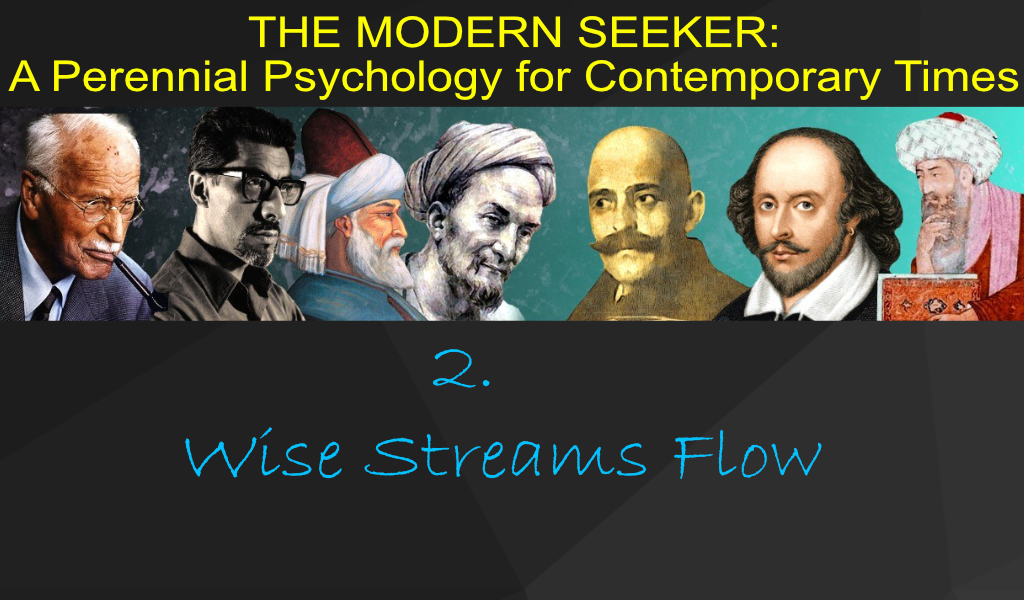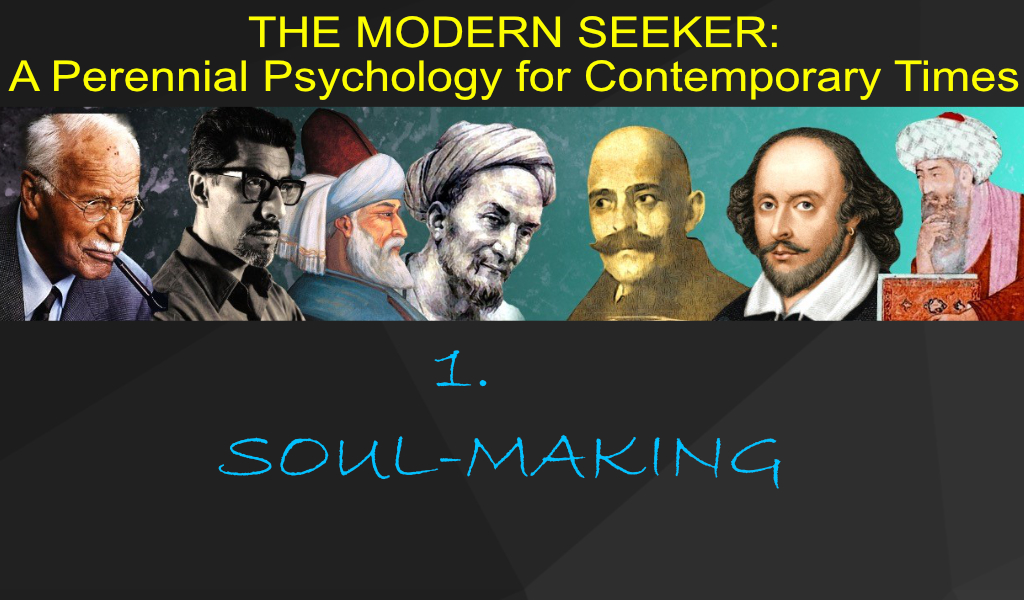In a recent essay — “2012-2020: Where Mythologies Clash” — I wrote of how the decade ahead will be a testing time as it marks the peak clash between two mythologies. Or, rather, two defining eras. I wrote of how the “old” system, which is still incumbent, reflects a vertical top-down structure that is heavily centralized and based upon the few controlling the “much” and thus the “many.” This is not only a way of life but importantly a way of perceiving and thinking that reflects a specific narrative or mythology.
I noted how as we move into a period of increasing energy constraints, contracting economies, and rising costs of living, we will need to rely more on local resources. This model, of economic re-localization and re-distribution, is a forerunner of a new system coming into being. We are heading into a decade where we will literally have to rearrange the very way we think and do business. This is the clash of mythologies, the narratives we live by, and new mythologies rarely come into existence smoothly — new social systems that emerge as a direct contender to the current one create great head-on conflict, such as in social revolutions and the infamous “clash of civilizations.”
However, the way ahead will require more profound and holistic change — that is, changing our internal narratives and thus the very way in which we view the world and humanity’s place within it. Such previous shifts in mythology have occurred when humanity gradually moved from a flat to a round Earth perspective. That is why I feel the times ahead are of deep significance to us all: It represents a shift in perspective, in human consciousness that will not only influence our physical socio-cultural evolution but the conscious future of humanity. It is likely we are entering a mythological milestone in how we view the way ahead as a collective species.
We are still caught within the polarized debates of “and/or.” For example, are we living in a world of scarcity or abundance? For many the answer to this question depends on our own perspective on the world, e.g., are we running out of resources, or is this a fabrication and humanity will always find innovative solutions? My own take on this is that the answer is both, and the solution will come from what emerges as our overall world narrative for the future. I say “our world narrative” not from a western colonial point of view, but from the recognition that we are now living in an inherently-interconnected world. What occurs within our systems — economic, resource, communications, etc. — will impact on a global scale. Our mythologies have now entered a global stage. If the dominating narrative is one of perpetual growth within a constrained control system, then scarcity will become a dominating ideology, which in turn will empower the call for increased loss of civil liberties. Yet if a narrative of distributed networks of empowerment, community, and integral sustainability becomes a dominant narrative, then we can see the abundance available within our human capacity to innovate as well as our environmental potential.
Diverse minds around the world connecting together have the ability to create innovative solutions: the ability to see problems and issues in a new way, often by non-specialists. Innovation is a state of mind, made exponential by our connectivity. For example, now in 2012 the population is around 7 billion, and the number of known Internet users is 23 percent of the population. By 2020 the population is expected to be 7.8 billion, and Internet users are expected to be at 66 percent — that’s 3 billion new people plugging in to the global conversation.
The immediate future will become less about wants and more about needs. For many people this may involve insecurity and frustrations. “Will the changes affect me?” they may ask. In the short term I feel it is almost inevitable that some of the impacts will be felt on a global scale. Human society has been placed within a juggernaut of converging systems that range from being corrupt and unsustainable to illusionary and damaging. And many of us have been tempted, lulled, pacified and plenty-fied into a way of life that takes us outside of our means.
We now need to “Bring It All Back Home,” as Bob Dylan would say. It is now about entering into a new conversation within ourselves. A time to look at our dependencies, tendencies, addictions, and wants, and to change our own internal narrative into one that is self-sustaining, self-nourishing, and life-giving. We need to be less stimulated by external stimulants and more catalyzed by inner choices and self-empowerment.
Part of our mythological clash is about how we choose to exercise human consciousness. There are myriad ways in which modern societies limit consciousness and keep humanity distracted from their inner lives. It would not be far wrong to say that many societies are maintained to preserve incumbent power structures and their rules. Not only do our human environments serve to distract and pacify us, but they also serve to separate us from nature and the living cosmos. However, great change is part of the stimulus to awaken us to culture’s imposed limits on perception; our new mythology will need to foster a rise in collective empathy and awareness.
However, this will not occur overnight. Monumental change more often than not comes through periods of gestation. We will need to live, experience, and respond to the challenges ahead in order to bring forth the changes that have been birthed and initially nurtured within our various cultures, and within collective humanity. This could be the birthing of a new narrative for the next stage of human civilization.
[1] Diamandis, P. H. & Kotler, S. (2012) Abundance: The Future Is Better Than You Think. New York: Free Press.




